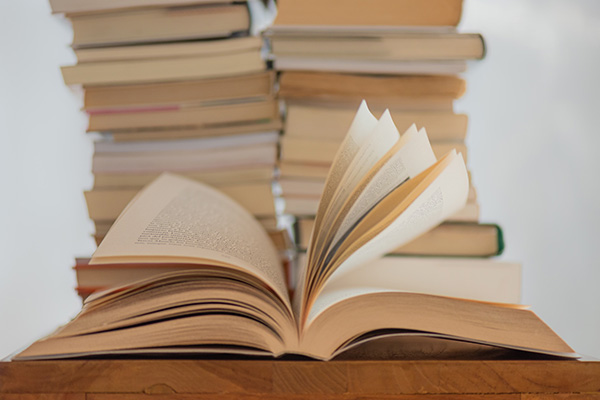What if we turned that around and considered writing as a reader? What if it isn’t all about what you want to say and how you want to say it, but also what you want the reader to hear and how you want them to hear it? Think about the feeling you want the reader to be left with by the end of the book. Think about why a reader may choose your book and how they might travel through your story.
When I worked for a literary agent in Sydney, I spent many, many hours (years!) reading through manuscripts – some unsolicited, some by established authors. I learnt a lot about writing, and I learnt a lot about reading.
I learnt about how important it is for a writer to induce the reader to want to turn the page. It may be through curiosity, suspense, anticipation or beautiful language – there is no set formula for it – but I did come to appreciate that good writers seem to have an implicit understanding of the reader’s journey. Perhaps that’s because good writers are avid readers themselves.
So why do we read? I read for many reasons and would probably answer the question differently on different days. Today’s answer is: to be entertained, to learn something new, to be shown something about myself, to be taken somewhere different, to escape into someone else’s story, to be gently rocked by beautiful prose, and (on a more prosaic note) for my job.
Why do I ask the question? My work focuses on guiding writers through the next phase of development of their manuscript. I come across many book-length texts that are let down by a lack of narrative momentum, that sense of pace that keeps a reader turning the pages.
If writers consider the experiences they value and covet as readers, these can inform (whether consciously or unconsciously) the way they structure and pace their next draft. Of course, it is never easy to gain distance from your own work and to read with a dispassionate eye, but any prompt that can help you look at your work from a different angle can make the task of cutting and streamlining, honing and shaping, easier.
Writing as a reader can be a useful approach to help you develop your work so that it reaches many more readers in the future.
